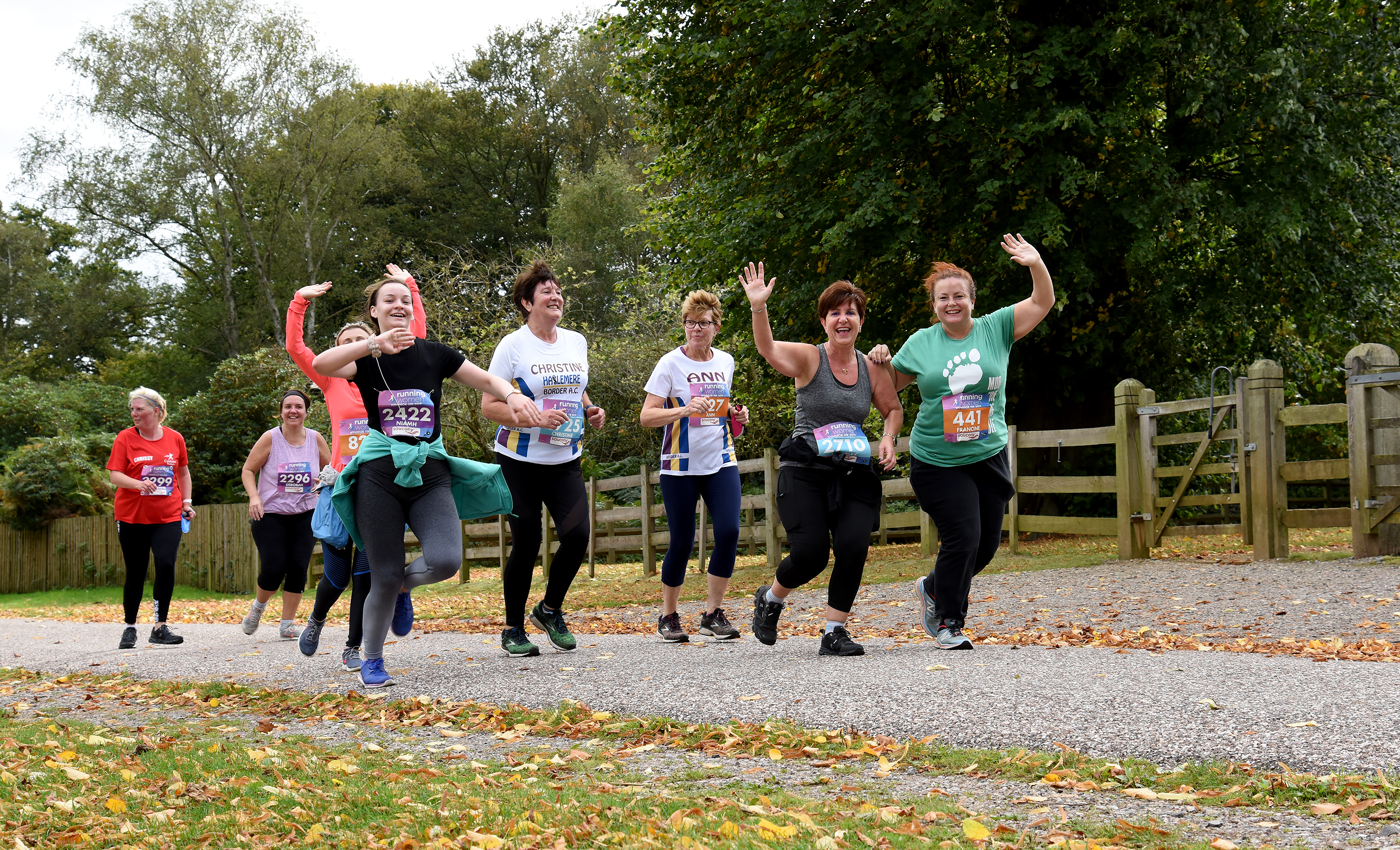5 ways to build mental strength for running
Be a better runner by spending some time training your brain
As runners, we spend years training our lungs, heart, and muscles. We obsess over running shoes and pore over training data. But we sometimes forget the most important tool of all: our brain.
Why is mental strength important for running?
We spend time and energy keeping our bodies free from injury and out of pain – and it makes sense, after all we can’t run with a foot or leg injury. But maybe our minds could do with a bit of TLC too.
Mental strength is a huge part of being a successful runner. Elite marathoners and sprinters dedicate hours of their preparation time to mindset training. But this stuff isn’t just for Olympians. Mental strength benefits all of us, whether we run for health, leisure, or PBs.
5 benefits of mental strength for runners
Motivation: mental strength enables you to create personal mindset strategies that will keep you motivated to run even when life is busy and stressful.
Perceived effort: mindset tools can actually make running feel easier by lowering perceived effort during tough training or races
Consistency: a positive attitude to running will naturally mean you skip fewer sessions and become more consistent
Pushing barriers: mental strength tools come in useful during races when you need to hang on or kick speed up a notch
Self-belief: the way you perceive yourself comes directly from your thoughts and beliefs, and mental strength training can bolster your self-esteem
Mental strength exercises for runners
Meditation, breathwork, and affirmations are big news at the moment. But they’re not the only ways to build your mental strength to buffer stress and increase motivation.
Train by feel
Are you a slave to your heart rate monitor or smart watch? Ditch the tech sometimes and learn to train by RPE (rate of perceived exertion). This will help you tap into your brain and body so you start to pace by feel. It’s also a good exercise in intrinsic motivation.
Relax and smile
Lots of us get into the bad habit of tensing up when we run. This sends a message to our brain that something awful is happening, and so our brain starts to associate running with tension and stress. Make it your mission to relax your arms, face and shoulders from time to time as you run. Break into a smile or even have a short singalong to your music if no-one’s around!
Positive self-talk
Your inner dialogue is powerful. If you tell yourself you hate running, it’s going to be awful, and you’re really slow… guess how you’ll feel? Instead, tell yourself you can’t wait to run, you love getting out there, and you are a smooth and light runner. See what a difference it makes to your mood.
Primed for success
This exercise uses the idea of habit stacking to build positive associations in your brain. Spend 10 minutes before your run stretching, doing some mobility work, listening to uplifting music, or having your pre-run drink. The key is to build a familiar pre-run routine that becomes a positive transition from your day to your running workout.
Get comfortable with discomfort
Many of the struggles we encounter with running come down to discomfort. Imagine if you could stay serene during bad weather, fast sprints, or tough long runs? You can – it comes down to some mental strength training. Combine positive self-talk with small doses of whatever you struggle with. It’s the only way to face your fears and get comfortable with them. It won’t be long before you find it much easier.
Similar Posts:
- 5 ways to build mental strength for running
- 7 Steps To Get Into Racing Mode
- Running For Cardio Training Really Does Matter
- Revitalise Your Running: Mastering Motivation
- 3 Things You Need To Know About Running After 50
- Get Ready To Run Your Fastest Half




Add Comment